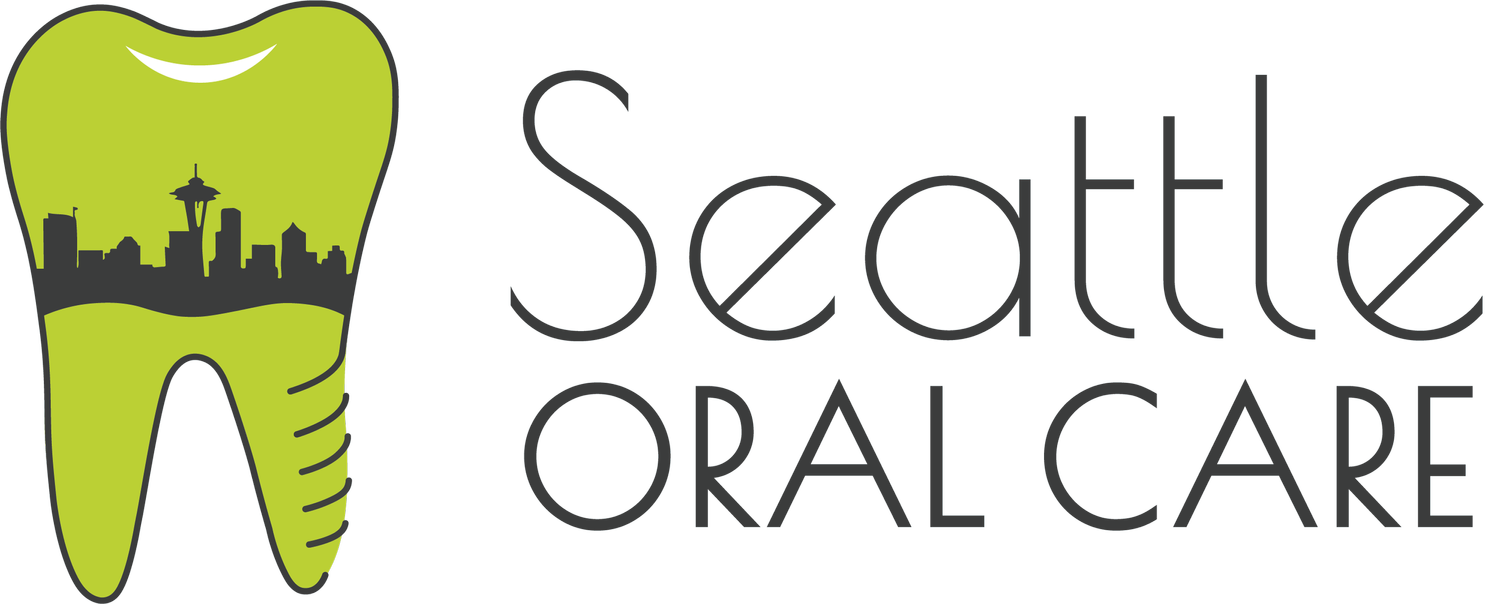6 Surprising Facts about Sleep Apnea
Sleep Apnea is a condition where breathing repeatedly stops and starts during sleep. This is a critical sleep disorder that increasingly affects Americans. So, we would like to shine the light on a few surprising facts to demystify Sleep Apnea.
Poor Sleep Quality -a symptom of Sleep Apnea
Fact #1 - More Common
It's much more common than you think: While many associate sleep apnea with older, overweight men, it actually affects millions of people of all ages, genders, and body types. An estimated 39 million adults in the US alone, about 15% of the adult population, have obstructive sleep apnea (OSA), the most common type.
Fact #2 Not Just Snoring
Not everyone with Sleep Apnea snores. Nor does everyone who snore have Sleep Apnea. In fact, around 30% of people with OSA don't snore at all, potentially masking the condition and delaying diagnosis.
Fact #3 You Stop Breathing….Several Times a Night
Stopping breathing is a scary thought. However, it is normal to stop breathing momentarily, several times at night, especially in deep sleep.
However, prolonged pauses of 10 or more seconds is a symptom of Sleep Apnea. In severe cases, this can happen hundreds of times a night, disrupting your sleep cycle and depriving your body of oxygen.
Fact #4 Masks are Not your Only Option
CPAP machines is the most common treatment option for treating Sleep Apnea. However, masks (from CPAP) are not the only option, esp. if you don’t tolerate masks well.
There are several alternatives - oral appliances, surgical procedures, and non-invasive (weight loss, positional therapy, etc.) options that you can explore.
Fact #5 Not Just About Weight
Excess weight is a major risk factor for Sleep Apnea. However, it is not just weight but several other culprits that play a role including - genetics, ethnicity, facial structure, allergies, lifestyle, allergies, and sleep hygiene.
Additionally, many thin people also develop sleep apnea.
The risk of Sleep Apnea increases with age
Fact #6 Not Just About Sleep
Yes, Sleep Apnea affects sleep but also goes far beyond tired mornings, morning headaches, or early morning depression.
It can significantly increase your risk of heart disease, stroke, high blood pressure, diabetes, depression, cognitive decline, and even accidents.
“Your future depends on your dreams, so go to sleep.”
Final Thoughts
Undiagnosed Sleep Apnea can cause serious health consequences. Early diagnosis and treatment significantly improves symptoms and reduces health risks associated with OSA (Obstructive Sleep Apnea).
To address your sleep issues, start with a Sleep Screening Test offered by Dr Deepali Jere, certified by the American Academy of Dental Sleep Medicine, a Sleep Specialist who is qualified to treat sleep disorders.



